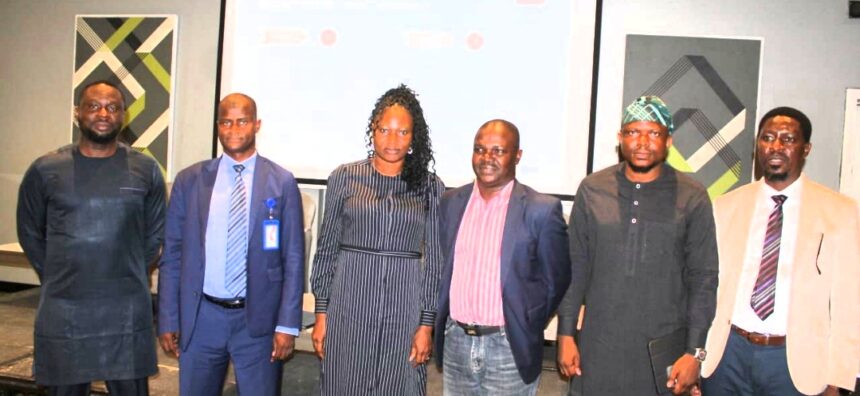The Federal Inland Revenue Service (FIRS) and key players in Nigeria’s manufacturing sector have concluded a two-day stakeholder engagement session in Lagos, marking a crucial milestone ahead of the July rollout of the country’s electronic invoicing (e-Invoicing) system.
The session, which wrapped up on Tuesday, was part of a broader effort to ensure a smooth transition and address concerns ahead of the platform’s official launch.
ALSO READ: Invasion of our offices by FCTA officials embarrassing — FIRS
The new e-Invoicing initiative, spearheaded by FIRS, is aimed at enhancing transparency, efficiency, and tax compliance across various sectors by enabling real-time electronic exchange of invoices between businesses and their clients. According to FIRS, the platform is a cornerstone of the federal government’s Digital Economy Policy and Strategy (2020–2030), designed to drive digital transformation and improve revenue collection.
Speaking at the event, Mike Adoga, Acting Director of Tax Automation at FIRS, emphasized that the system will not disrupt existing business processes but will instead bring standardization and ease to invoicing practices. He noted that manufacturers and service providers may currently use different formats—such as quantities or alternative metrics—but the e-Invoicing platform is built to handle these discrepancies, ensuring interoperability regardless of location or language.
“You can generate invoices in Nigeria or in Saudi Arabia, and the system won’t be hindered by language or formatting differences. It is about enabling real-time visibility of transactions and improving how businesses operate locally and internationally,” Adoga explained.
Adoga also pointed out that beyond improving tax administration, the platform can help businesses secure financing. “Once you produce and issue an invoice, you’re expecting payment. When payment is received, you can produce more. This process is now integrated and traceable. It’s not just about taxation—this is about improving access to finance and making sure invoices are credible, standardized, and usable across borders.”
The platform incorporates international standards such as Peppol, UBL, and ISO 20022, making it compatible with global invoicing practices. FIRS is introducing the system in phases, starting with large taxpayers, followed by medium and small enterprises. The agency has urged all businesses to begin reviewing their accounting processes and engage relevant service providers to ensure system readiness before the July go-live date.
Lead Consultant on the project, Sadiq Arogundade, confirmed that the e-Invoicing infrastructure is ready, with several large companies already enlisted for the pilot phase. He explained that the project design allows for flexibility and cross-border compatibility, helping Nigerian businesses transition seamlessly into the global digital economy.
“This system can accommodate various invoice types—including debit notes, proforma invoices, and even certificates of occupancy,” Arogundade said. “We’ve created an invoice interchange mechanism that allows users to store invoices in a secure repository, granting access to stakeholders as needed.”
He added that users can even generate self-issued invoices, giving them greater control over their accounting and documentation processes.
The Lagos engagement was specifically targeted at stakeholders in the manufacturing and oil & gas sectors and marks the final phase of consultations before the system’s launch. FIRS reaffirmed its commitment to supporting businesses through the transition, promising continued collaboration and technical support.
With the successful conclusion of the engagement, both FIRS and the private sector appear aligned in their readiness to embrace a new era of digital tax administration. Businesses are now expected to take proactive steps to integrate the e-Invoicing platform into their operations, signaling a transformative shift in Nigeria’s fiscal landscape.
ALSO READ FROM NIGERIAN TRIBUNE






